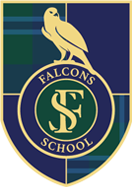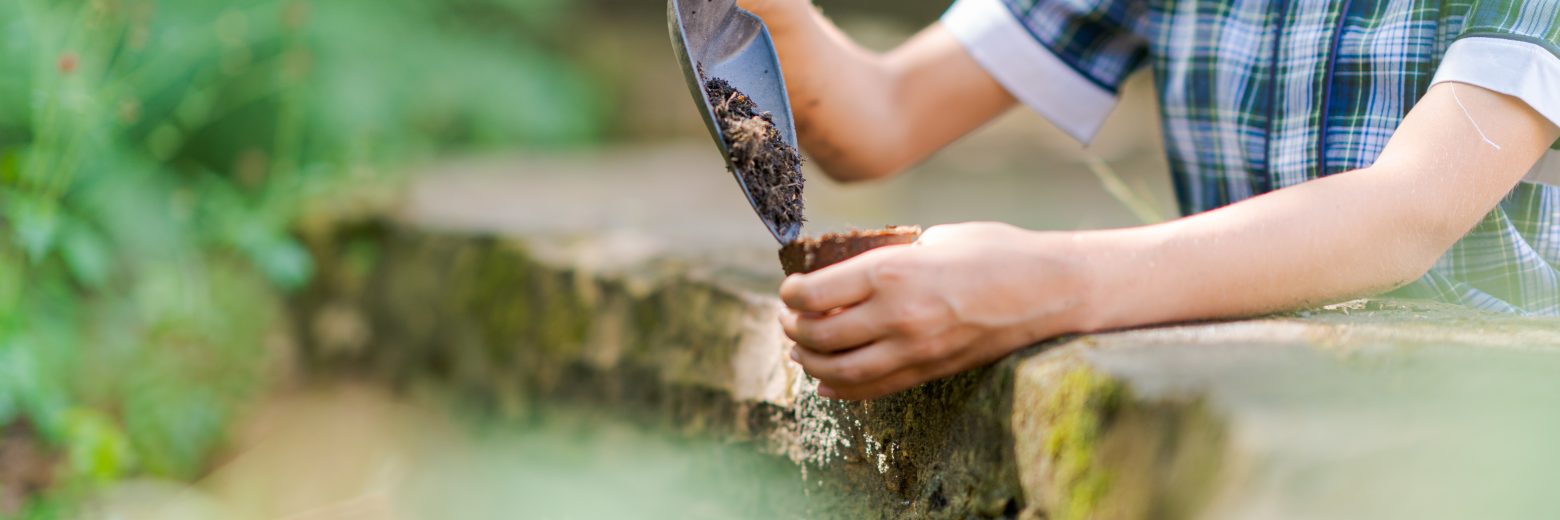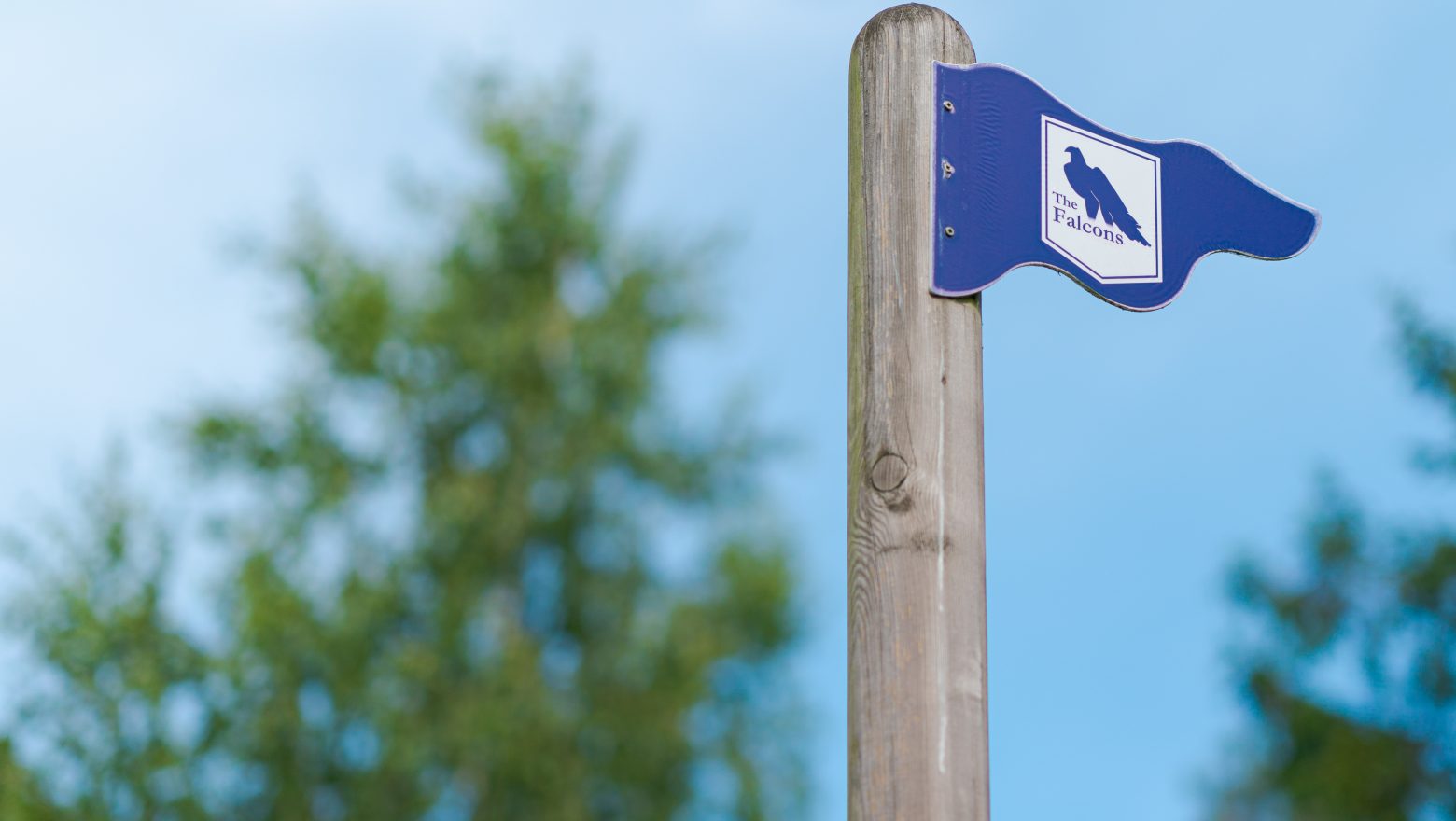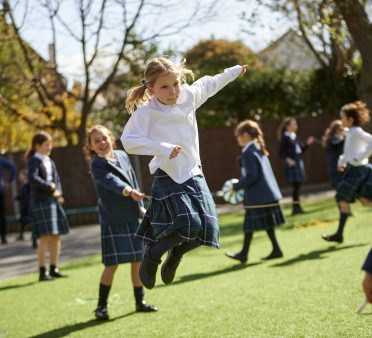Humanities
History
The past is a foreign country; they do things differently there.
Or is it? At Falcons, pupils explore the similarities as well as the differences between past times and now.
Lower School History
In Year 1, they compare toys, food and houses today with those of previous generations. In Year 2 and Year 3, they learn about the way of life in the ancient world, examining The Stone Age, The Egyptians, Classical Greece and Ancient Rome.
Upper School History
In Year 4 and Year 5, pupils study the story of our island – how Britain was born and developed from the Celts to the Edwardians via the Anglo-Saxons, Vikings, Normans, Tudors, Stuarts, Georgians and Victorians.
As they approach their 11+, Year 6 pupils learn about the First World War and the Second World War, exploring life in the trenches, the home front (in both wars) and The Diary of Anne Frank. A knowledge-rich curriculum enables children to practise critical thinking and debate as well as discursive and creative writing. They also enjoy immersive work: building an Anglo-Saxon community; living like Medieval Kings and Queens (and knights and peasants); challenging the authority of Rome under Henry VIII; putting Charles I on trial; and experiencing life in the trenches and during the Blitz.
Post the 11+ exams and interviews, the pupils investigate the history of children’s books from the eighteenth century to the present day and undertake an independent study of a book from our unique and extensive archive of children’s books that date from the 1870s.
*From The Go-Between by LP Hartley
Geography
Geography is all around us. Through the increase of globalisation, trade becoming more important and climate change, Geography is becoming more and more important. Therefore, at Falcons School, Geography is embedded in our curriculum as well as standalone lessons.
The syllabus varies from year group, allowing the children to make the most of every topic they study. In every year group from Year 1, our curriculum encompasses physical geography stretching from climate to mountains to rivers, and human geography, both which allow us to travel around the world studying different case studies such as El Salvador in Year 6, China in Year 2, the Americas in Year 5 and the UK in Year 1. Our teaching uses different elements of ICT from using google maps to explore areas, beebots to explore direction and the internet to allow the children to research different topics.
Towards the end of a child’s time at Falcons, we equip the children with the knowledge and understanding which forms a good platform for when they move schools.
We hope Falcons pupils will be responsible role models, through our Eco Warrior system, and with the knowledge that they gain at Falcons, they will transfer it into their everyday learning, whether Geography or not.
Religious Studies
Religious Studies contributes to the spiritual, moral, social and cultural development of pupils at Falcons. Throughout their time here, pupils will have immersed themselves in the beliefs, traditions, culture and customs of Christianity, Judaism, Islam, Hinduism, Buddhism and Sikhism. We aim to develop an understanding that each individual is unique and may have different beliefs which must be respected and nurtured as part of our school community.
Religious Studies lessons provide the opportunity for pupils to explore debate, create projects, research, question and learn about their role in the wider community by promoting mutual respect and tolerance.
Throughout the year, we explore different religious festivals and celebrations, visit places of worship, study artefacts and invite people that represent different religions to visit, lead assemblies, hold workshops and offer question and answer time to the pupils.
Religious Studies, along with cross-curricular links to PSHEE and the Fundamental British Values, allows Falcons pupils to recognise and appreciate the diversity, similarities and differences between religious and cultural beliefs and customs of citizens in the UK and the wider world. They will consider their own beliefs and those of others in order to communicate their thoughts and ideas while respectfully listening to their peers.




